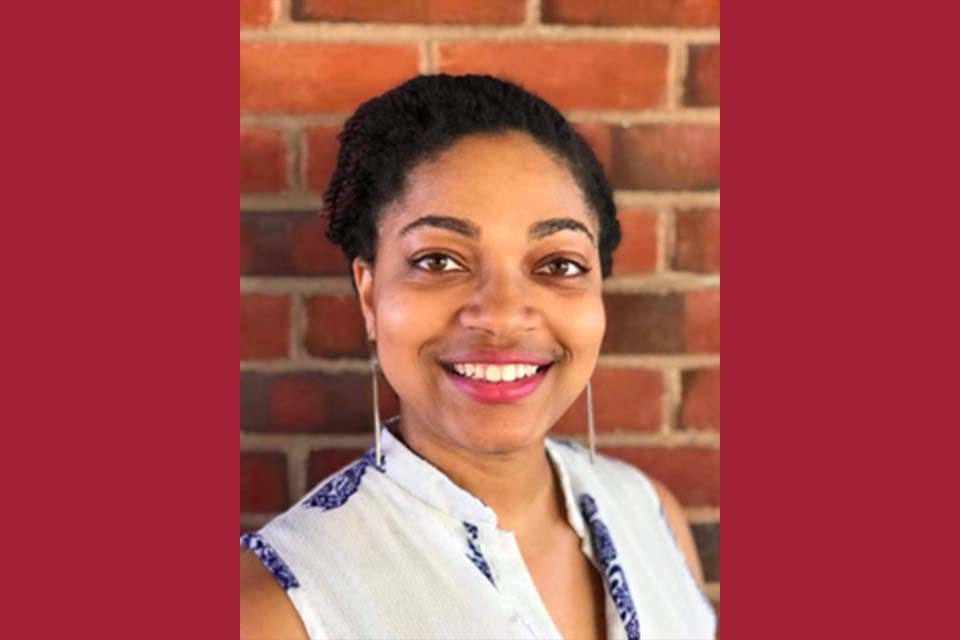Raising awareness about the optometric profession in Jamaica

Charis-Ann Ricketts, BSc, OD, Mandeville, Jamaica
Charis-Ann Ricketts, OD ‘19, has the distinction of being the first graduate of NECO’s accelerated Advanced Standing International Program (ASIP) from a Caribbean nation. Dr. Ricketts, originally from Jamaica, got her BSc Optometry degree from the University of the West Indies (UWI) in Trinidad and Tobago in 2015.
A professor at UWI had recommended NECO to Dr. Ricketts, and she learned about the program after Dr. Bina Patel, Director of International Programs, spoke at a Latin American Association of Optometry and Optics (ALDOO) meeting hosted by UWI. Dr. Ricketts spent two years in Trinidad and Tobago practicing optometry, as well as teaching clinical skills and running contact lens labs at UWI, before attending NECO.
After earning her American optometry degree at NECO, she completed a residency in Primary Eyecare with an Emphasis in Cornea and Contact Lenses at Nova Southeastern University in Florida. She has since returned to Jamaica, where she specializes in contact lens services and complex corneal cases at a private practice.
Dr. Ricketts has always been interested in how optometry intersects with public health. While at NECO, she was exposed to the medical aspects of optometry. “My experience at NECO and more specifically my clinic experience in a Community Health Center and at a VA Hospital showed me the beauty of an integrated healthcare system, and how ease of communication with other healthcare professionals helps the patient more holistically,” she says.
Her interest in the area of cornea and contact lenses came after seeing the effect specialty contact lenses had on her first patient with keratoconus. “It is challenging since no patient is ever the same,” says Dr. Ricketts, “but it’s very rewarding in terms of being able to impact the lives of patients in a very personal and profound way.”
The ratio of optometrists to patients in Jamaica is substantially lower than in most other countries, including the surrounding Caribbean nations, at approximately 1:180,000. By comparison, Trinidad and Tobago has one optometrist for around 13,000 people; in the U.S., the ratio is approximately 1:8,000. The high incidence of preventable blindness or vision loss from conditions such as cataracts, diabetic retinopathy, keratoconus, or glaucoma in Jamaica corresponds to the low number of optometrists.
Dr. Ricketts sees the lack of awareness about the full potential of optometric care from patients and members of other medical fields. She recognizes that much work needs to be done to promote the training and proficiency of the profession and hopes to play a greater role in doing this, in order to make much-needed eye care services available to more people.
A global view of optometry is important to expanding and improving the status of the profession, Dr. Ricketts believes, and her experience at NECO allowed her to interact with optometrists who practice all over the world.
“I’ve learned a lot about what can be done in my own sphere just by conversations with other optometrists around the globe,” she says. “Being able to maintain relationships with international colleagues helps to unite and continuously raise the standard of care locally.”
Dr. Ricketts is also passionate about educating her patients. “I think this is vital in Jamaica and other Caribbean islands, where patients mostly focus on the vision versus the medical aspects of optometry. Patients leave my office with a greater understanding of the scope of optometry and the necessity for regular eye exams.”